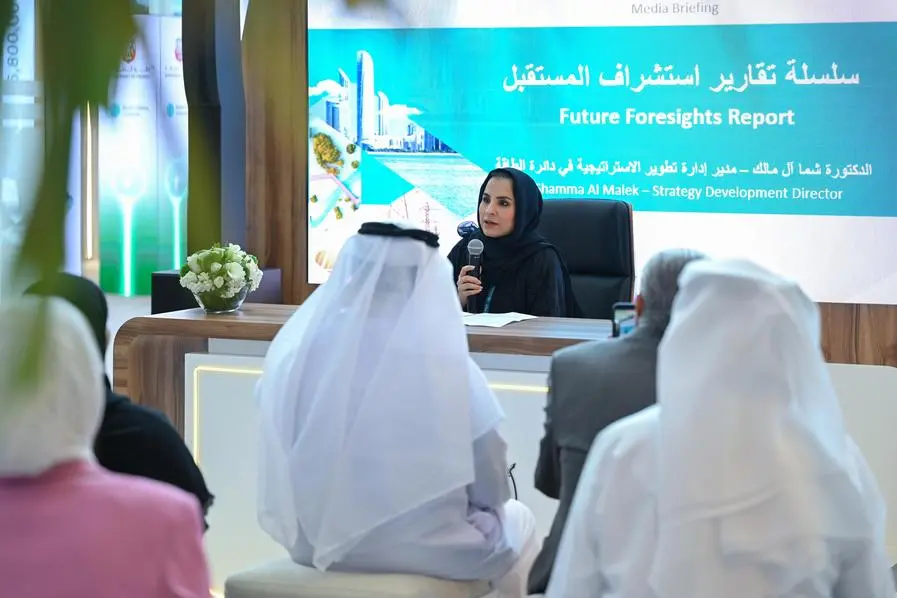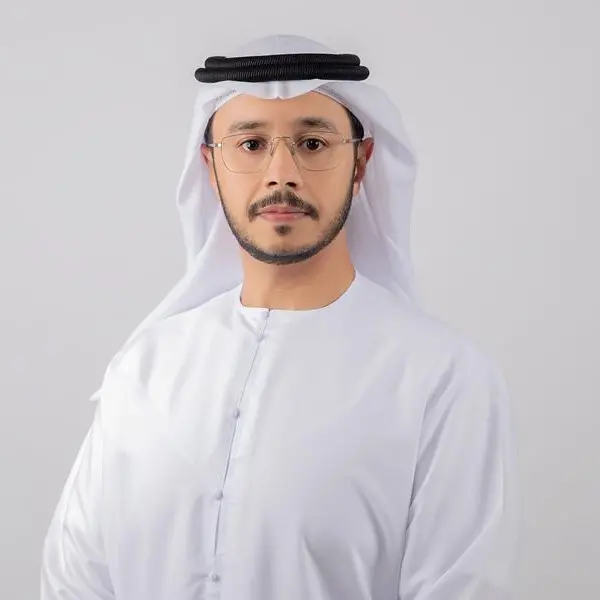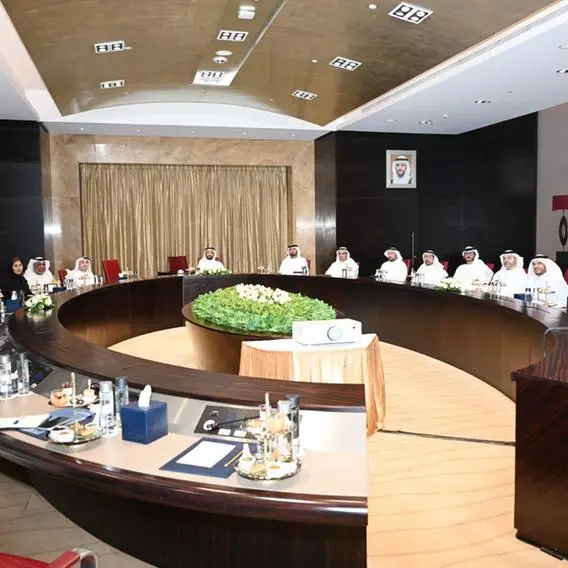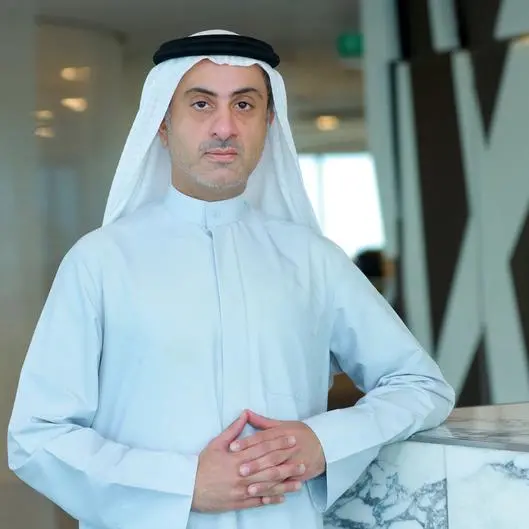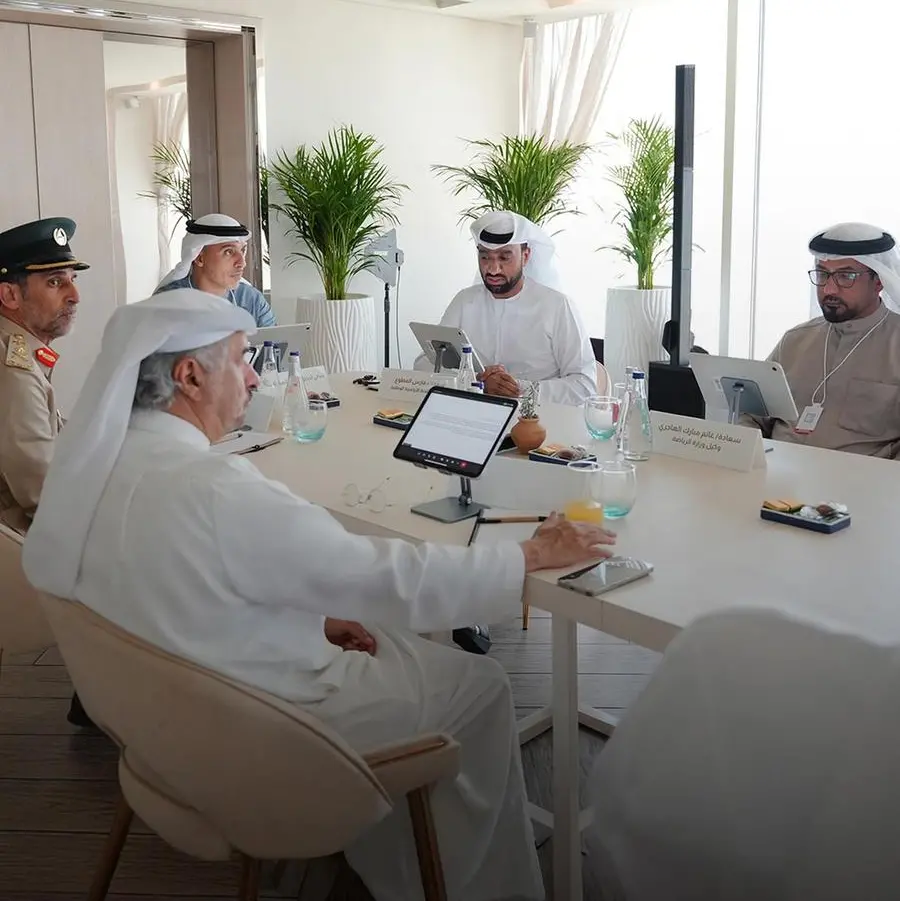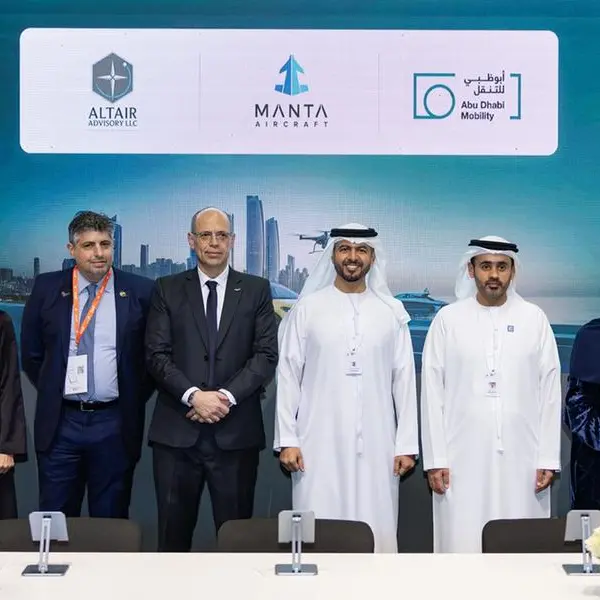PHOTO
- These reports highlight a proactive approach to efficiently manage the rapid developments in the energy sector.
- The Foresight Framework is designed to address the ambitious future visions and aspirations of the UAE leadership and government.
Abu Dhabi: The Abu Dhabi Department of Energy (DoE), the regulatory body responsible for overseeing and supervising the energy sector in Abu Dhabi, has launched a series of "Foresight Reports" in line with its commitment to adopting a proactive approach that allows it to efficiently address the rapid developments in the energy sector.
These reports are aligned with the department’s institutional strategy by adopting foresight practices to anticipate future trends, potential scenarios, and understand their implications.
The primary objective of these reports is to conduct a systematic analysis of possible future scenarios such as technological advancements, policy shifts, and market dynamics that may impact the energy sector. By understanding and leveraging this foresight information, the DoE can make well-informed decisions that foster a culture of innovation and enhance efficiency and sustainability. The series of reports also serves as a strategic tool guiding the department toward achieving its long-term goals, helping mitigate risks, and enabling the department to seize new opportunities.
The department has issued four reports addressing significant and timely topics. The first report, titled "The Ammonia Economy – Ammonia-based Fuel and the Use of Ammonia for Energy Storage and Delivery," explores the future potential of the ammonia economy, focusing on its role in hydrogen energy production, global trade, and the transition to sustainable ammonia technologies. The report also identifies future trends for developing the ammonia economy and outlines the goals and steps needed to achieve them.
The second report, titled "The Future of Water Sustainability through the Graphene Revolution," explores the future potential of graphene-based technologies in various water-related applications, including desalination, purification, and treatment, while improving the efficiency of these processes. This report provides a framework for identifying future trends to enhance water sustainability and outlines related impacts and potential actions.
The third report, titled "The Race to Harness Space Solar Power – New Horizons for Energy," assesses the strategic feasibility of space solar power technology and its alignment with the UAE’s renewable energy goals, alongside its promising vision of achieving a sustainable future free from carbon emissions. The report also serves as a valuable tool for identifying future trends in the development of space solar power technology and outlines the objectives and steps necessary to achieve them.
The fourth report highlights "The Future of Enhancing Renewable Energy through Smart Grids and Artificial Intelligence" and focuses on the advancement of smart grid technologies in the UAE, their connection to the artificial intelligence revolution, and their applications in energy management. The report identifies future trends for the development of these grids and outlines the goals and steps needed to achieve them.
Dr. Shamma Al Malik, Director of Strategy Development at the DoE, emphasized: "The Foresight Reports aim to inspire the forward-looking visions of our wise leadership and the ambitious aspirations of the UAE government while addressing the challenges facing energy transition, sustainability, water security, and the development of energy efficiency technologies. Through these reports, we strive to build a deep knowledge base and extract precise information that enables us to ensure full readiness to face future challenges."
She added: "The issuance of these four reports reaffirms the Department of Energy’s commitment to achieving an effective transformation in the energy sector by promoting the use of clean and renewable energy and anticipating the future needs of the industry. These reports will undoubtedly form a fundamental basis for decision-making, further enhancing Abu Dhabi’s leadership position in the global energy transition journey and driving sustainable growth toward a prosperous future."
She also highlighted the importance of the DoE continuing to collaborate with all partners and stakeholders, leveraging all its capabilities, and delivering advanced solutions and innovations in the field of clean and renewable energy. Furthermore, the department is continuing to develop future plans to accelerate national efforts aimed at realizing the UAE’s strategic initiative for net-zero emissions by 2050.
